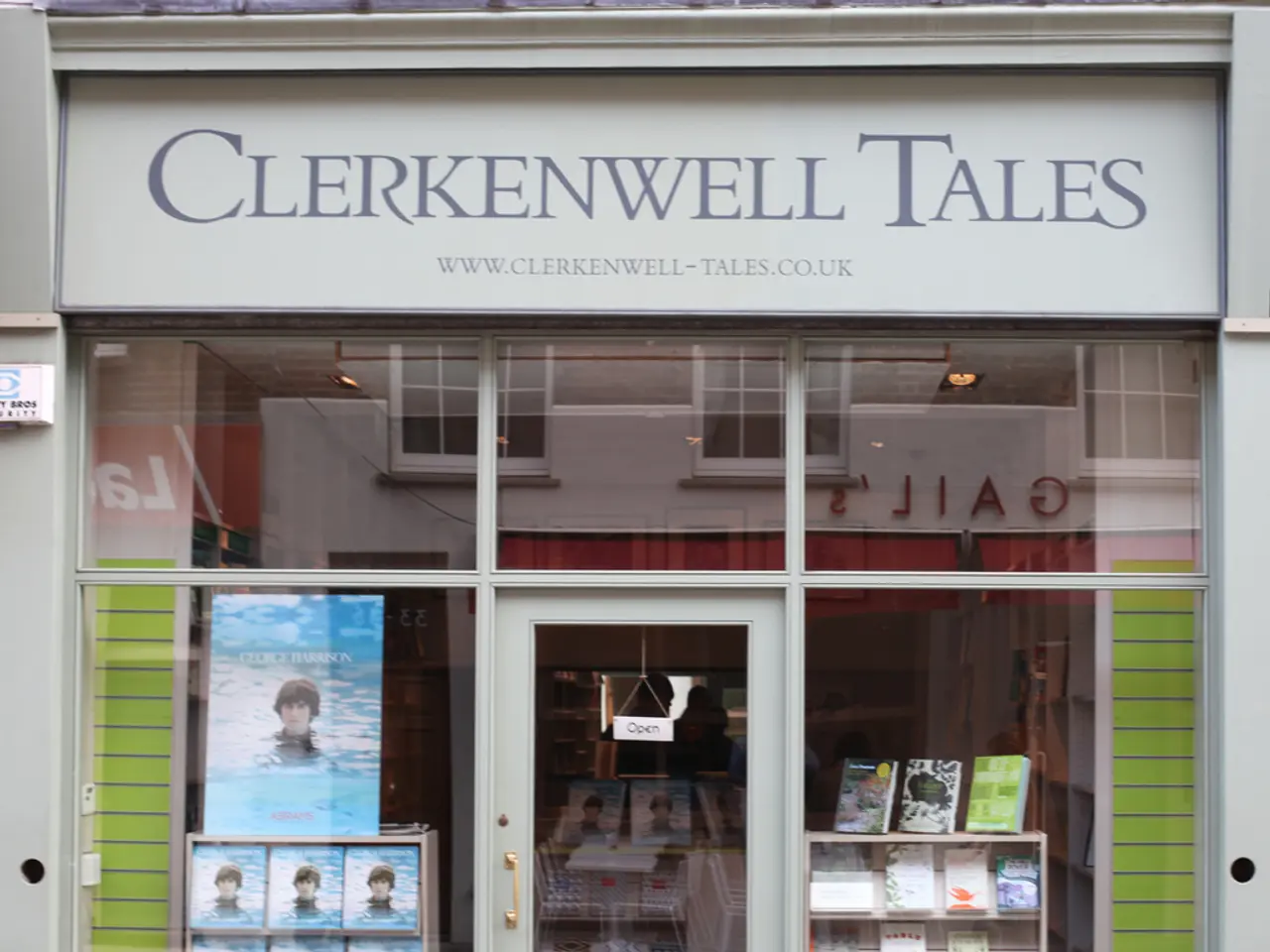Essential Components for an Effective Self-Assessment in Education
In the realm of education, reflecting on learning experiences is a powerful tool for growth and transformation. By dissecting, connecting, and personalizing knowledge, we can build self-awareness, deepen our understanding, and foster continuous improvement. Here's a guide to creating a meaningful and high-impact learning reflection, grounded in educational psychology, real-life application, and practical frameworks.
The Five Essential Elements
- Description of the Experience: Start by providing a clear and concise account of the learning event, activity, or material you are reflecting on. This sets the context and anchors the reflection in concrete experience.
- Analysis and Critical Thinking: Go beyond description and delve into analysis by questioning assumptions, evidence, and alternative interpretations. This aligns with educational psychology’s emphasis on metacognition and critical thinking frameworks.
- Interpretation of Meaning and Learning: Explain the significance of the experience. What insights did you gain? How has this shifted your understanding of the topic or yourself as a learner? This element incorporates Dewey’s and Schön’s reflective practice theories.
- Evaluation and Personal Response: Assess the experience’s impact on your learning journey, including strengths, weaknesses, successes, or challenges. This fosters self-awareness and motivation for continuous improvement.
- Future Application and Action Plan: Conclude with concrete plans to apply what you’ve learned in real-world settings or future learning opportunities. This bridges theory and practice, supporting the learner’s development of practical competence and lifelong learning skills.
The Power of Reflective Practice
By following this structure, learners can produce reflections that are high-impact and transformative. Digital portfolios or learning journals that incorporate these elements enhance reflection as a dynamic learning tool, encouraging learners to intertwine doing and thinking, and connect learning with real-life contexts.
Key Takeaways
- Reflection is a skill that strengthens with practice and intention.
- Reflection activates metacognition, enhancing self-regulation, knowledge retention, and transfer of learning across contexts.
- A reflection is personal and should be written in the first person.
- Reflection is where deeper learning takes place, according to David Kolb's Experiential Learning Cycle.
- Reflective skills are valued professionally, demonstrating self-awareness, critical thinking, and adaptability.
Tips for Educators
- Use clear rubrics tied to these elements to guide learners to reflect effectively and assess their progress comprehensively.
- Encourage learners to use digital tools such as Notion, Obsidian, Padlet, Google Docs, or LMS templates to support ongoing reflection in both individual and group learning environments.
Conclusion
Great learners ask: What did I gain? How did I grow? What is next? Regular reflection is recommended - weekly or after major tasks or learning milestones. By embracing reflective practice, we can transform knowledge into lifelong learning.
- It is essential to start a learning reflection by providing a detailed description of the time spent on a specific project, exam, or educational activity, as this sets the context for the analysis and interpretation of the experience.
- Incorporating critical thinking tips in one's reflection, such as questioning assumptions and exploring alternative interpretations, aligns with the emphasis on metacognition in educational psychology, fostering deeper understanding of the subject matter and personal growth.
- As students delve into self-evaluation and discuss the impact of a learning experience on their education-and-self-development, they can gain insights about their personal growth and learning styles, which can help them plan for future success in educational and self-development pursuits.
- To ensure a high-impact learning reflection, learners should conclude by outlining an action plan for applying what they have learned in real-world situations or future learning opportunities, bridging the gap between theory and practice, and supporting the development of practical competence and lifelong learning skills.




